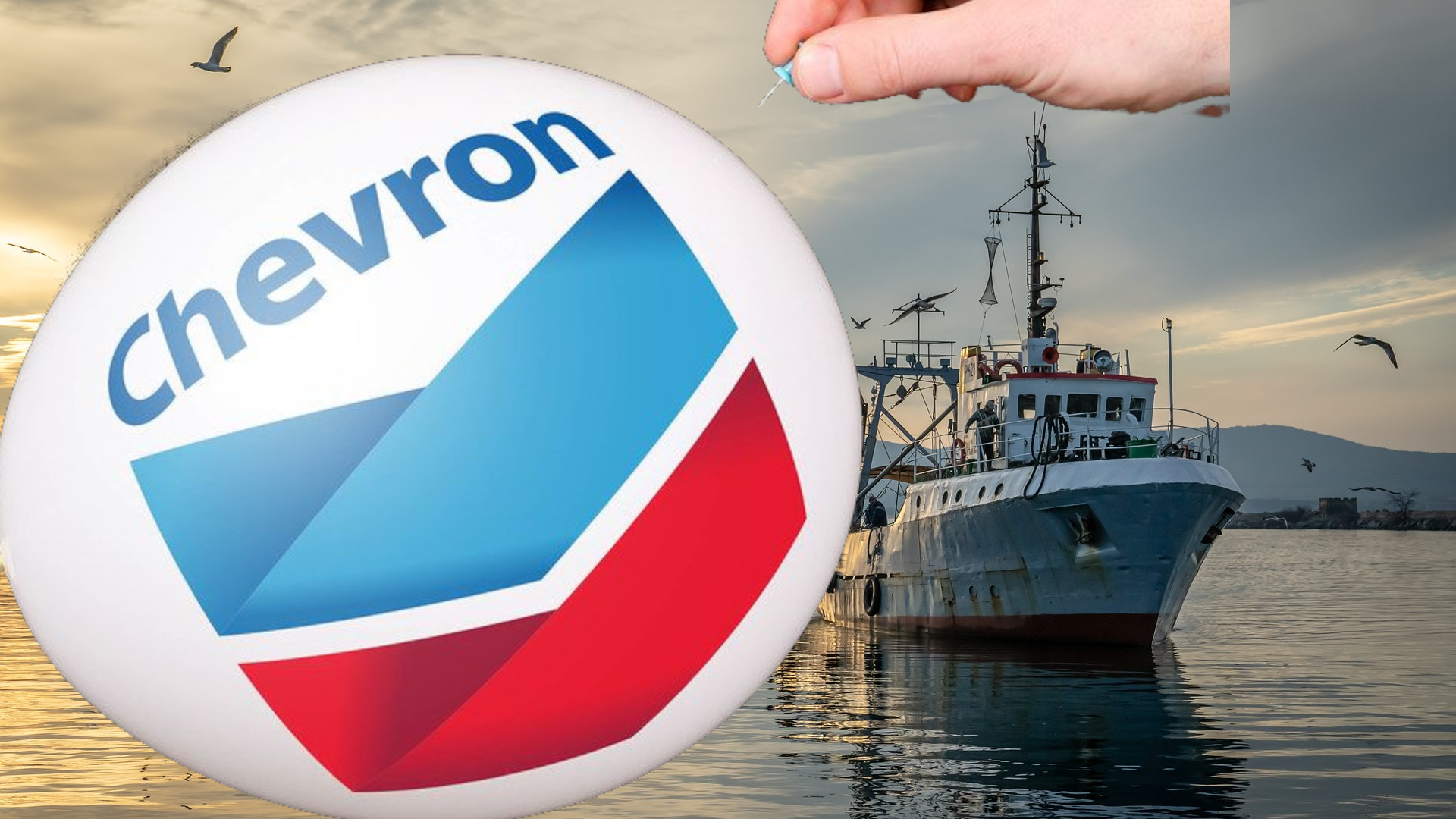chevron

448 – San Francisco v. EPA – Oral Arguments
How much pollution is too much? We all want clean air and water, but we still want to drive our cars and flush our toilets as well. The question in San Francisco v. EPA is how specific does the EPA need to be when it tells cities how much waste they can discharge into our…
Read More
432 – Chevron is Dead! Long Live Loper!
There are certain legal terms and cases that most people don’t know about, at least until their used to bite someone in the backside. One of those terms is Chevron Deference, or Chevron Doctrine. It comes from a 1984 case where the Supreme Court came up with the great idea that, when Congress isn’t specific, the bureaucrats get to decide. While the court may have overruled Chevron, Looper may not be any better.
Read More
407 – Chevron Deference
For decades, Congress has been turning over more and more lawmaking power to the Executive Branch. Frequently this is done by legislation giving the head of some agency or department the power to establish rules which have the force of law. What happens when the legislation doesn’t explicitly say that such-and-such department has the power to make a certain rule? To deal with this, courts have come up with something called “Chevron Deference”. While the case Loper Bright Enterprises, v Gina Raimondo, Secretary Of Commerce deals with who pays the salaries of federal observers on fishing boards, a more fundamental questioning of the court’s deference to government agencies interpretation of law is the cornerstone of the petitioner’s arguments.
Read More